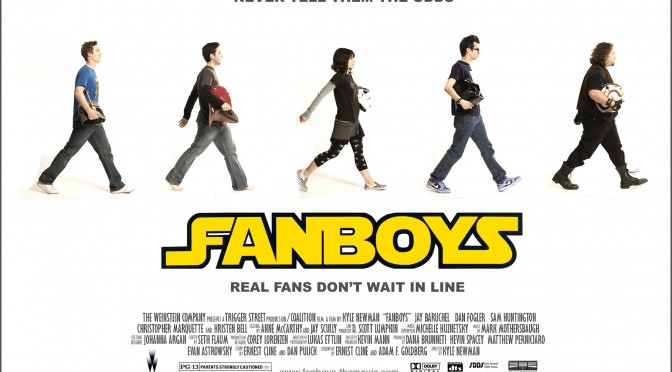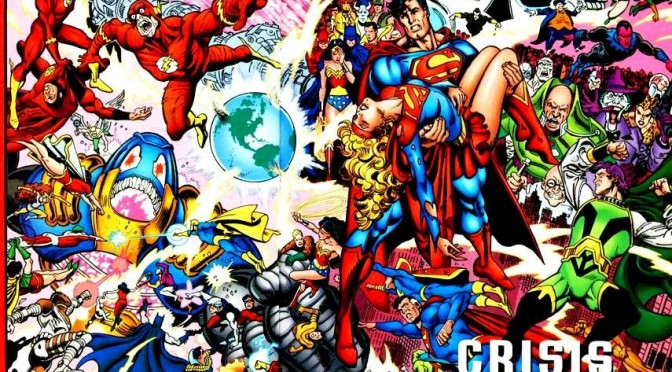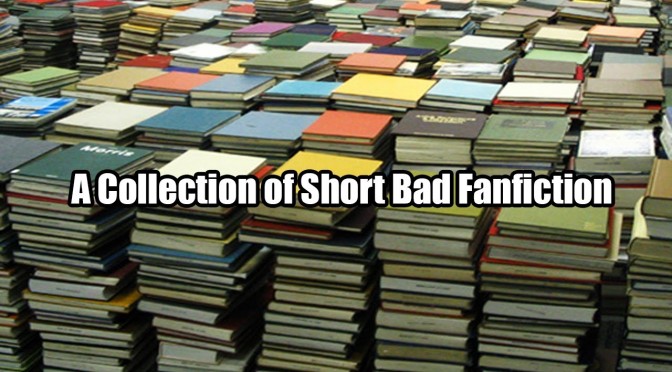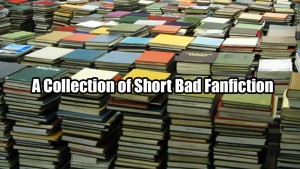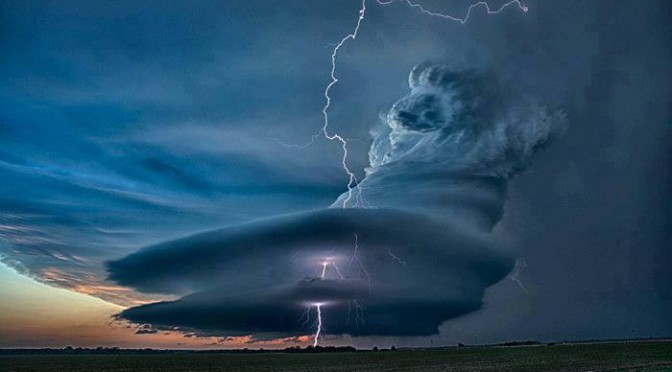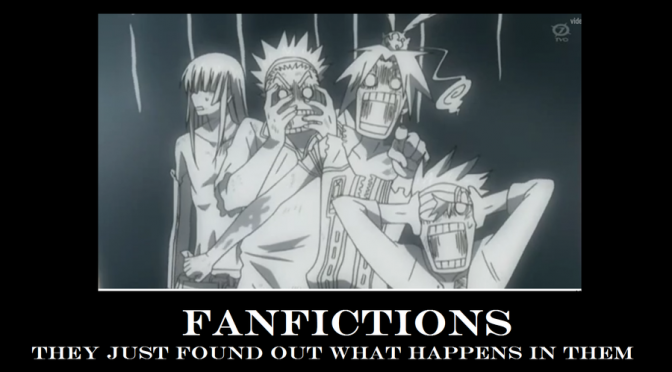Recently, I said that continuity has often been misused by the fans of various “geek” genres as a means of trying to control what happen within that community. You can’t change characters’ lives because continuity won’t allow it. You can’t introduce new characters who don’t specifically jive with the continuity. You can’t be a real fan unless you know all of the continuity.
It’s easy to see why our somewhat open community is so easily stigmatized as being this place full of bigots and close minded jerks. There’s controversies left and right over things that shouldn’t be very controversial. So Ultimate Comics Spider-man is a black latino kid… and…? It’s not like this fundamentally ruins the idea of a guy who crawls on walls and swings on webs. In fact, if anything, the biggest problem with Miles Morales isn’t the color of his skin but the fact he has a super power that makes him too strong.
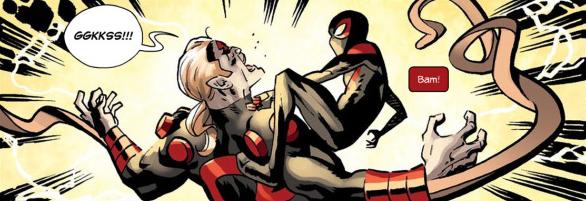
And making Catwoman bisexual? How exactly does that ruin anything about Catwoman? I don’t know if you’ve noticed, but her underlying character trait was she doesn’t care about the societal norms around her to the point she dresses up like a cat so she can steal other people’s shit. Looking at that, being a bisexual is actually one of the most normal things she’s ever done since the character was created.
But here’s the thing… most of the angry fans know that. Most of them aren’t even that concerned with identity politics. Sure, there are very vocal outliers who are there simply to spew hate. But you know what really gets under the skin of the average comic book, scifi, or fantasy fan?
You changed it, you changed their thing, and you didn’t even ask them permission (as if you needed it)… Continue reading The Role of the Fan


